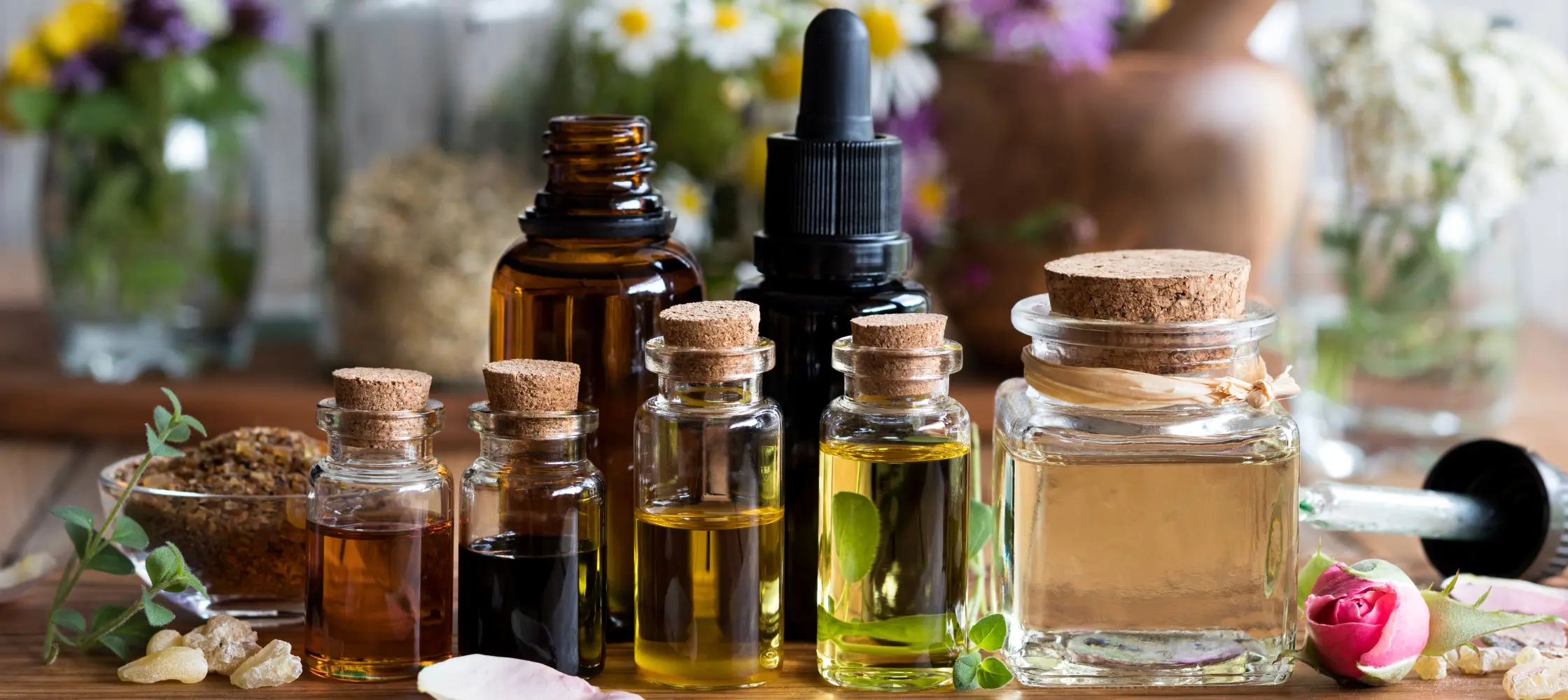
Aromatherapy, a holistic healing approach harnessing the therapeutic power of essential oils, has gained immense popularity in recent years. Its applications extend from stress reduction to pain management, offering a myriad of benefits for patients seeking natural remedies. Yet, within this aromatic realm, there lies a debate surrounding the ingestion of essential oils.
The Benefits of Aromatherapy: A Holistic Approach to Wellness
Aromatherapy, rooted in ancient healing traditions, offers multifaceted advantages for patients seeking a holistic approach to wellness. One of its most celebrated merits is stress reduction. Essential oils like lavender, chamomile, and frankincense possess calming properties that can soothe frayed nerves and elevate one's emotional well-being. This ability to induce relaxation is particularly vital in today's fast-paced world, where stress-related ailments abound.
Beyond stress management, aromatherapy excels in pain management. Oils such as peppermint and eucalyptus possess analgesic properties, making them invaluable for addressing headaches, muscle aches, and joint pain. By providing natural relief from discomfort, these essential oils empower patients to reduce their reliance on synthetic pain medications.
Moreover, aromatherapy has proven efficacy in improving sleep quality. Inhaling oils like lavender, cedar wood, and bergamot in a bedroom setting can promote deep and restful slumber, offering respite to those grappling with insomnia or disrupted sleep patterns.
The immune-boosting potential of essential oils is another notable benefit. Oils like tea tree and eucalyptus possess antimicrobial properties that can fortify the body's defences against illness, making aromatherapy a valuable addition to preventive healthcare.
Enhancing mood is yet another facet of aromatherapy's holistic approach. Citrus oils such as lemon, orange, and grapefruit are celebrated for their mood-boosting effects, offering a natural and uplifting antidote to the blues.
Beyond these mental and emotional benefits, aromatherapy can address physical issues, such as respiratory problems. Through methods like steam inhalation or diffusion, oils can alleviate congestion, allergies, and sinusitis, promoting respiratory health.
For skincare aficionados, essential oils are prized for their ability to address various skin concerns, from acne to aging. When incorporated into skincare routines, they offer a natural and aromatic path to healthier skin.
Even digestive health can benefit from aromatherapy. Oils like peppermint and ginger can aid digestion and alleviate symptoms of indigestion, bloating, and nausea when used judiciously.
The Controversy of Ingesting Essential Oils: Pros and Cons
While aromatherapy offers diverse benefits, the controversy arises when we consider the ingestion of essential oils. The pros include a more targeted therapeutic effect on specific health issues and rapid absorption into the bloodstream, potentially leading to quicker relief. In essence, ingesting essential oils offers a direct route to harness their healing potential.
However, the cons are not to be taken lightly. Essential oils are highly concentrated, and ingesting them in large quantities can be toxic. Certain oils, such as wintergreen and camphor, are particularly perilous if consumed. Furthermore, the gastrointestinal tract can be irritated, leading to discomfort, nausea, vomiting, or diarrhoea.
Interactions with medications are another concern. Essential oils may interact with pharmaceuticals, potentially reducing their effectiveness or causing adverse reactions. Given the limited scientific research on the safety and efficacy of ingesting essential oils, this practice remains less established compared to other aromatherapy methods like inhalation or topical application.
While aromatherapy offers a plethora of benefits for patients seeking holistic wellness, the ingestion of essential oils remains a contentious issue. As an aromatherapist, it is crucial to prioritize patient safety and exercise caution when recommending ingestion. Generally, using essential oils externally or through traditional aromatherapy methods such as diffusion and topical application is considered safer. In cases where ingestion is deemed appropriate, it should only be undertaken under the guidance of a qualified healthcare professional with expertise in essential oil usage. In the aromatic realm of healing, patient well-being must always be paramount.
*Disclaimer: Above article is based on the information available through various sources. Always consult your dietitian, doctor and/or health expert for expert advice.
Your email address will not be published. Required fields are marked *
29 Jan, 2024
29 Jan, 2024
29 Jan, 2024
25 Jan, 2024